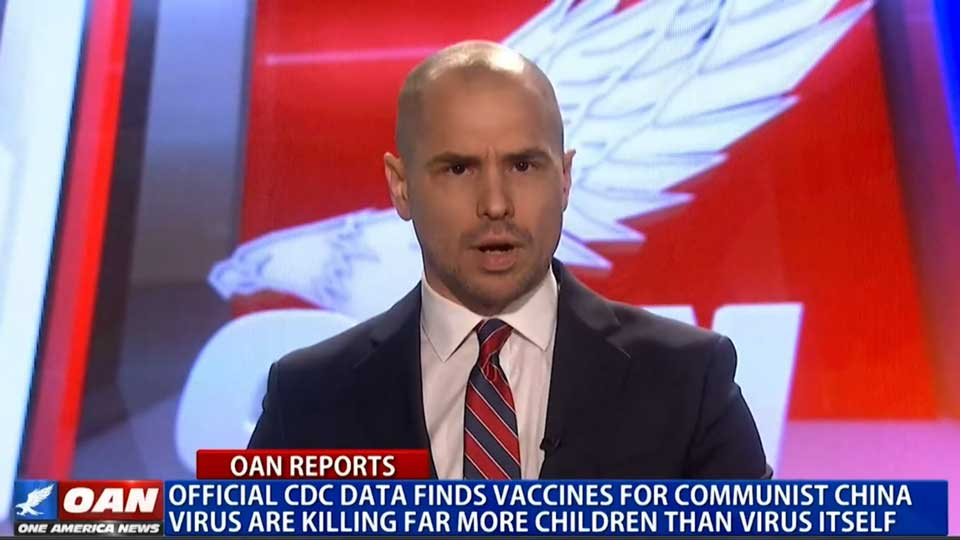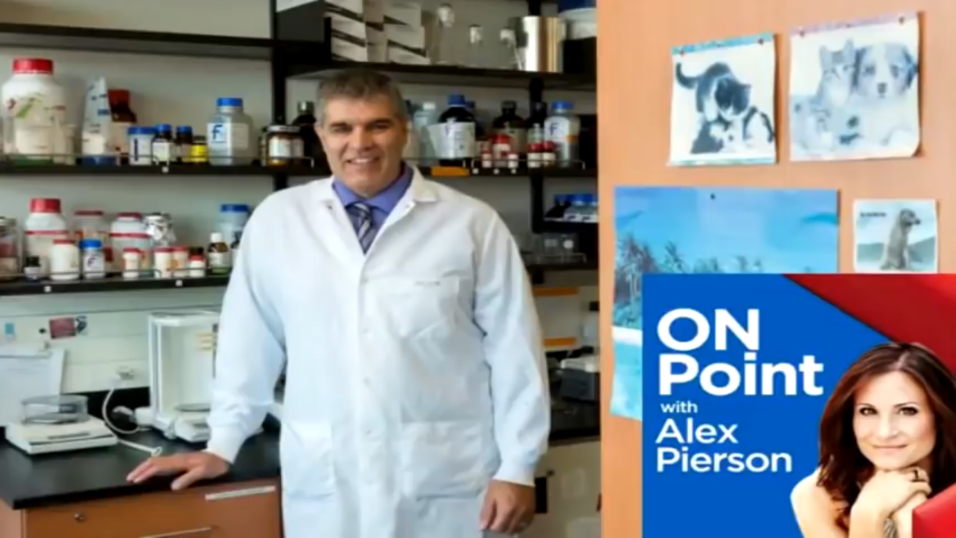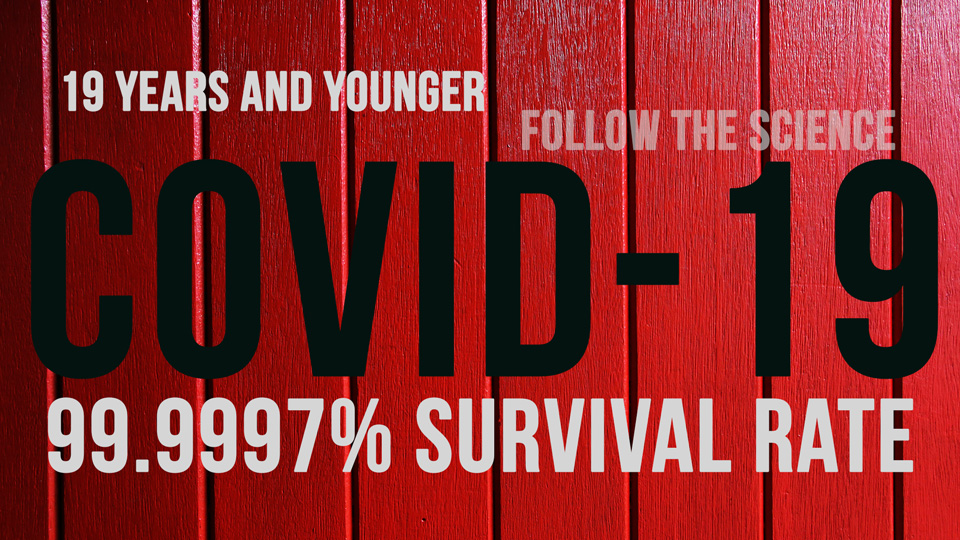During a news conference, WHO official Maria Van Kerkhove said the U.N. health body has seen “an increasing growth rate,” and “we see increasing numbers of Omicron being detected.”
No deaths have been reported so far in connection to the COVID-19 strain, another WHO spokesperson told reporters Friday.
“There is a suggestion that there is increased transmissibility, what we need to understand is if it’s more or less transmissible compared to Delta,” Van Kerkhove said. The Delta variant is the dominant strain throughout the world, she said.
In the United States, at least six U.S. states have confirmed Omicron cases so far, including a fully vaccinated male who traveled from an anime convention in New York City to Minnesota this week, according to health officials, who said the individual had mild symptoms and recovered. The first American case was detected in California’s San Francisco Bay Area.
A previous update from WHO said Omicron has numerous mutations to its spike protein, which is what it uses to bind to human cells, which may lead to higher transmission rates. It’s not yet clear, however, officials have cautioned.
But whether the new strain causes more severe disease or not is unclear, Van Kerkhove said. Early reports from South Africa and Israel suggest many patients experience mild symptoms.
Van Kerkhove said that the first Omicron cases were based on a cluster of college students, noting that younger people tend to experience milder symptoms than older people. A top South African doctor this week told news outlets that the symptoms were unusual but “extremely mild.”
“There was initial reports that it tended to be more mild, but it’s really too soon,” Van Kerkhove said. “Everybody who is infected with SARS-CoV-2 regardless of what variant will always start out with a mild disease. And so maybe it will stop there with mild, some people are asymptomatic of course, but it may stop with mild disease or it may take some time.”
In South Africa, where the variant was first detected, there has been an increase in hospitalizations, she said. Officials haven’t seen an increase in deaths.
“If you’re traveling, you’re not sick or you shouldn’t be traveling if you’re sick,” Van Kerkhove stated. “So there’s a bias in terms of what is being detected at the moment, but that will change over time.”





